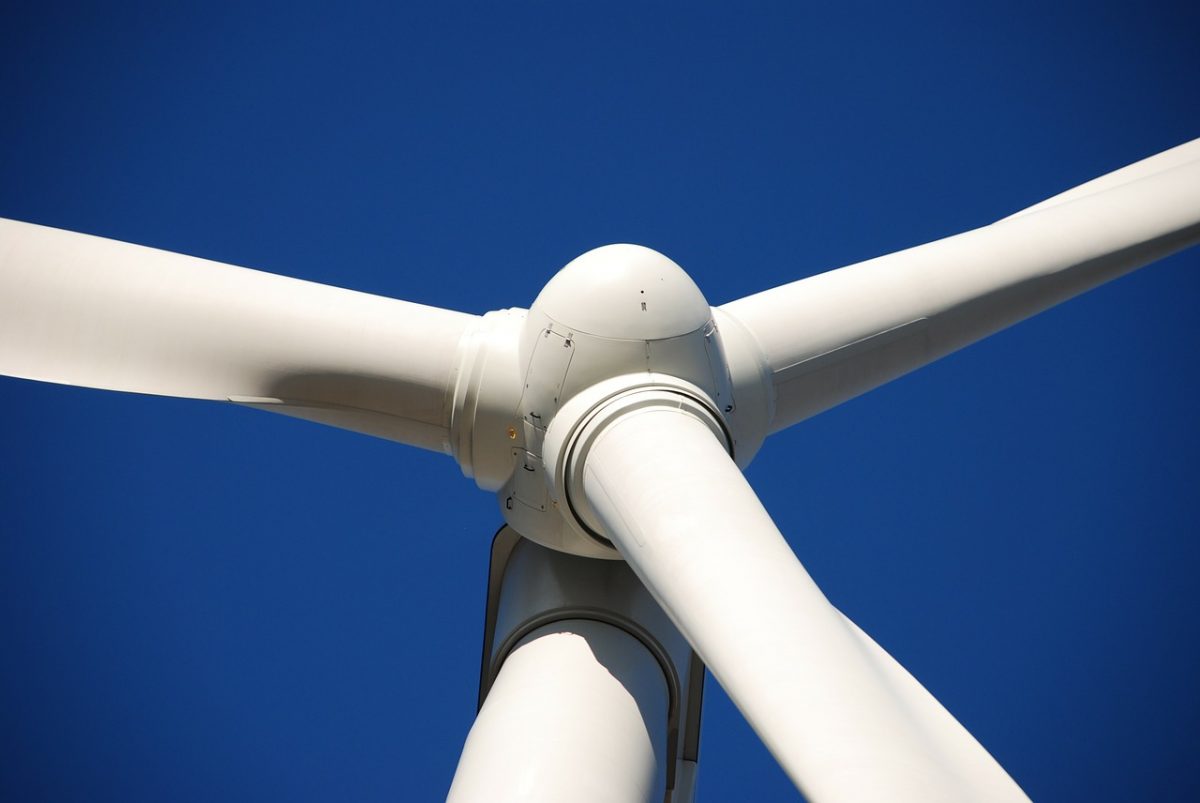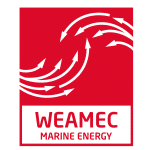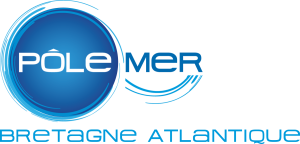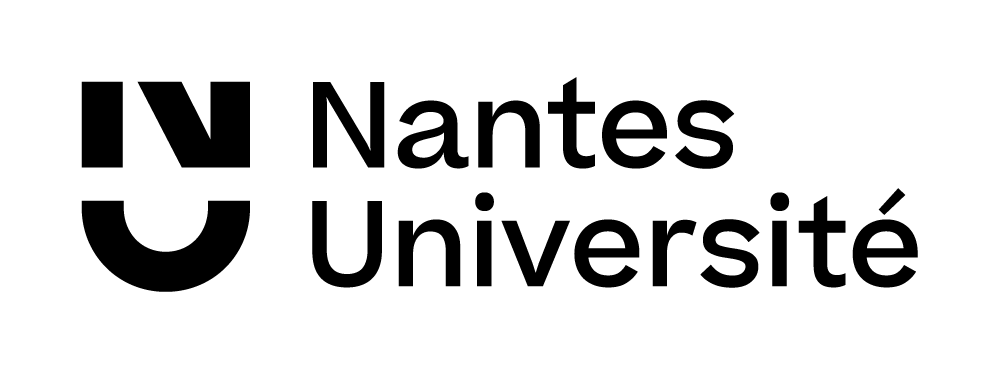
General framework of the training offer
This second year of master program aims to train structural reliability, monitoring and maintenance specialists in the field of Marine Renewable Energy (MRE). At the end of this program, you will be able to use and quantify the added value of non-destructive testing techniques and SHM methods applied to offshore structures.
You will study at the Université de Nantes during the first semester. During this semester, you will acquire the scientific and technological knowledge necessary to prepare the second semester. The program delivery will combine on campus and distance learning in order to benefit from the expertise four universities: Nantes Université, Aalborg University (AAU), Norwegian Science and Technology University (NTNU) and the School of Mechanical & Materials Engineering of the UCD College of Engineering and Architecture (UCD).
During the second semester you will conduct a project/internship in a company or an academic research lab, for example of one of the universities (Nantes Université, UCD, AAU or NTNU), and have the opportunity to develop the practical experience necessary to your future career. You will also participate to online peer-learning activities to enrich your knowledge.
The Master programme is accredited by the French Ministry of Higher Education, Research and Innovation (2nd year of master Mechanical Engineering). After completion, students will be awarded a master degree delivered by Nantes Université.
Training content
Third Semester (30 ECTS) (i.e. first semester of this second year of master)
- MRE structures: offshore wind energy and ocean energy
- Design of offshore structures
- Stochastic theory of sealoads
- Numerical methods for uncertainty quantification
- Risk based inspection and value of information
- Risk and reliability in engineering
- Monitoring strategy and monitoring systems
- Probabilistic modelling of degradations
- Wind loads on structures
- Technical communication
- Problem Based Learning (PBL)
Fourth Semester (30 ECTS) (i.e. second semester of this second year of master)
- Internship or project
- Workshops
Specific contribution to MRE
General skills:
- Analyze and model a problem
- Perform numerical calculations with uncertainties
- Identify a model
Transversal skills:
- Analyse the results obtained
- Communicate orally and write the results of a methodological or technical study in a synthetic and pedagogical way
- Produce a bibliography (state of the art) of the works on a technical subject in order to apprehend the globality and the scope of the treatments, and to self-train
- Lead a project from the description of its specifications to its fulfillment
Specific skills:
- Identify needs for MRE based on basic design of MRE structures
- Define the basic elements of the calculation of complex structure reliability and be able to apply them to real situations
- Identify, select and quantify the added value of Non Destructive Tools and SHM systems
- Evaluate information and analyse risk to optimise the maintenance of MRE structures in terms of reliability and cost
- Work in a team for the fulfillment of projects in an international context
Professional skills
This program aims to train structural reliability, monitoring and maintenance specialists in the field of Marine Renewable Energy (MRE).
Sectors:
- Energy sector, Marine and Renewable Energy, electricity, gas, oil, nuclear.
Occupations:
- Higher education and academic research.
- Research and Development functions
- Project Manager
- Structural Health Monitoring (SHM) specialists
- Researcher (after a PhD)
Application
- Students coming from a country not using the CEF/Campus France procedure follow the non CEF-procedure.
- Students coming from a country using the CEF/Campus France procedure must enroll with Campus France procedure.
- Exchange students follow the application procedure.
In all cases, you are also invited to contact Franck.Schoefs@univ-nantes.fr and mathilde.chevreuil@univ-nantes.fr (in charge of this master).
Supports

This work is carried out with the support of the West Atlantic Marine Energy Community (WEAMEC).


This program MAREENE is labeled by EMC2, the French industrial cluster dedicated to advanced manufacturing technologies, and the pole of competitiveness on the sea economy “Pôle Mer Bretagne Atlantique”.






